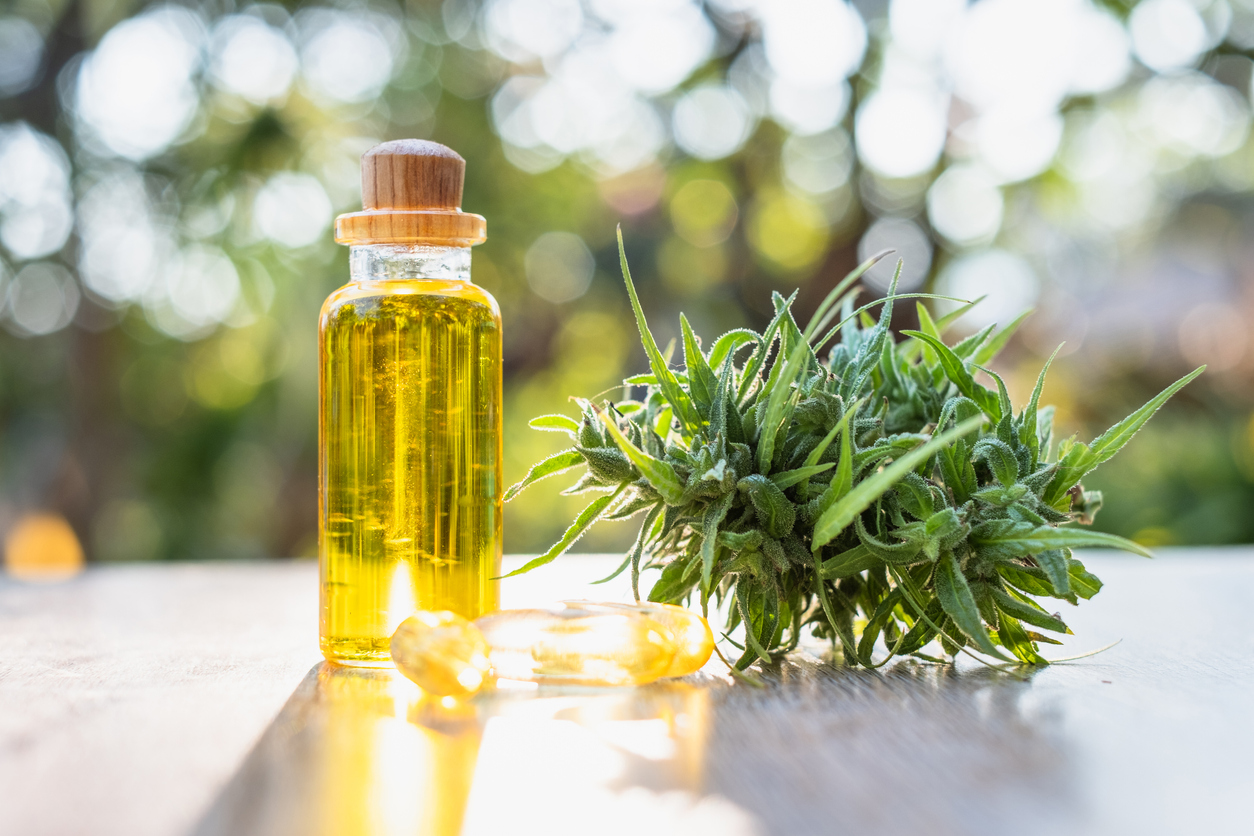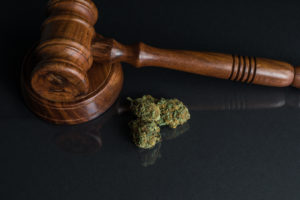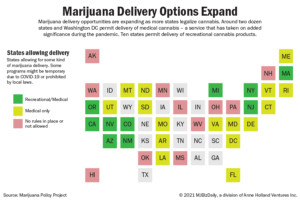Author: Grant Goerke, Jennifer Chierek Znosko, and Charles Powell
On May 17, 2021, Governor Kay Ivey signed Alabama’s new medical marijuana law, known as the Darren Wesley ‘Ato’ Hall Compassion Act, making Alabama the 37th state to legalize marijuana for medical purposes. The law identifies specific qualifying medical conditions, including but not limited to autism spectrum disorder (ASD); cancer-related cachexia, nausea or vomiting, weight loss, or chronic pain; Crohn’s disease; depression; epilepsy or a condition causing seizures; and HIV/AIDS-related nausea or weight loss. While the law grants individuals with these health conditions access to medical marijuana, it provides almost no employment protections for doing so, and imposes no new obligations on employers.
No New Employment Protections
As more states have enacted medical marijuana programs, they have taken varying approaches on employment protections for participating individuals. Alabama’s new law makes it clear that, in the employment context, there are no new legal protections or recourse for individuals who use medical marijuana. To that end, one of the law’s stated purposes is to “balance the needs of employers to have a strong functioning workforce with the needs of employees who will genuinely benefit from using cannabis for a medical use in a manner that makes the employee a productive employee.”
The new Alabama law continues several key provisions making it clear that employers may continue to prohibit marijuana use as part of their drug-free workplace policies, including:
Drug Testing and Drug-Free Workplace Policies. Alabama employers are still permitted to establish and enforce drug testing and drug-free workplace policies. Employers may refuse to hire, discharge, discipline, or otherwise take adverse action against individuals who use medical marijuana, regardless of whether the individual is under the influence from such use.
View the full article at littler.com




